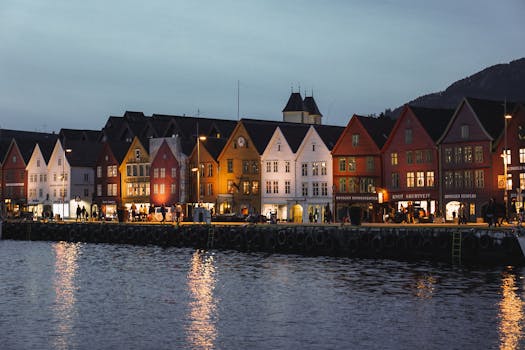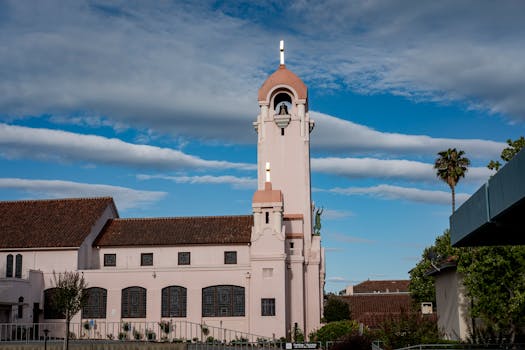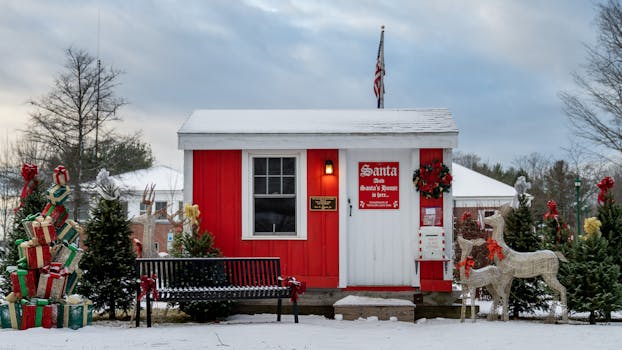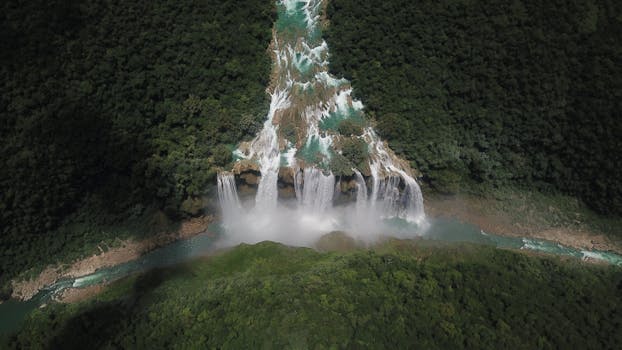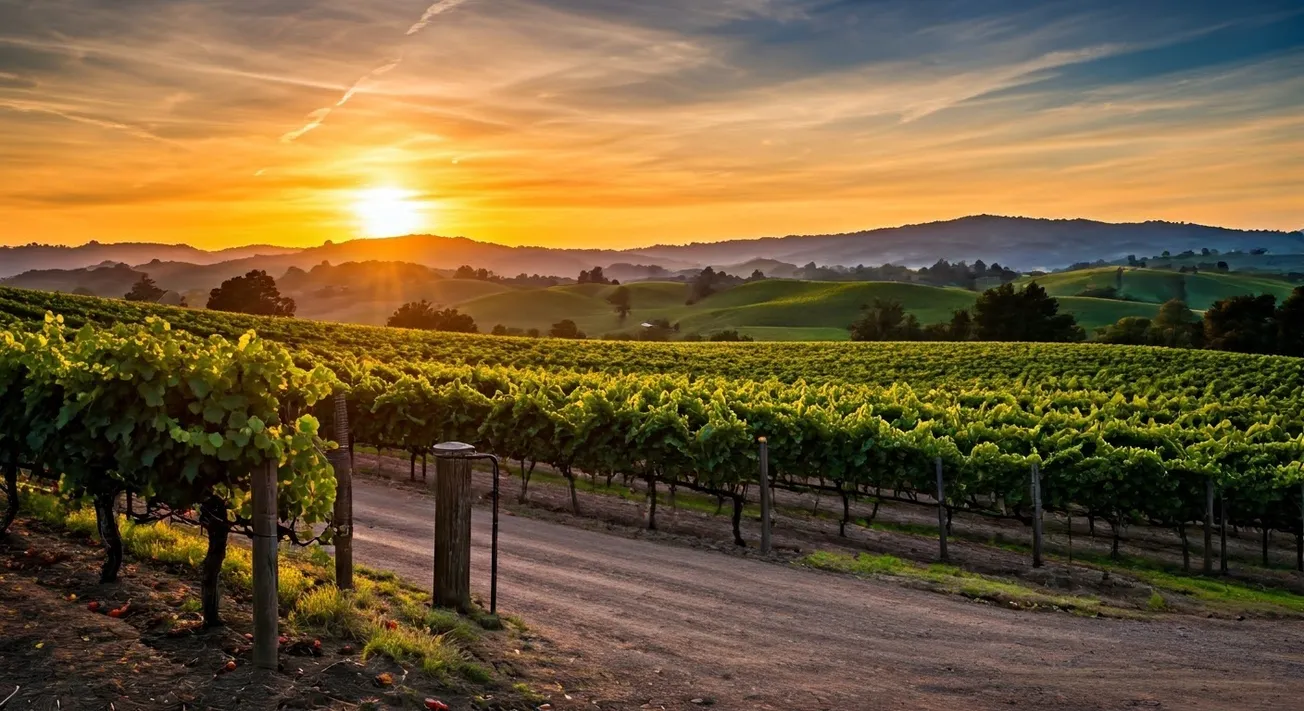The Franciscan Footprint: A Journey Through 1768-1773
The Franciscan Footprint: A Journey Through 1768-1773
The Beginning of the Franciscan Era
Envision a time when the world was still a vast, unexplored wilderness. It's 1768, and the Franciscan order, a branch of the Catholic Church, embarks on a mission to spread their faith and influence across the uncharted territories of the New World. This journey, filled with faith, courage, and resilience, is a remarkable chapter in the annals of history.
The Franciscan order, founded by St. Francis of Assisi in the 13th century, was characterized by a deep commitment to simplicity, poverty, and a love for all creation. This ethos guided them as they ventured into new territories, intent on establishing missions to spread the Christian faith.
The Franciscan Takeover of Spanish Missions
In 1768, the Franciscans were handed the reins from the Jesuits to take over the Spanish missions in the Americas. The Jesuits had been expelled by King Charles III of Spain, and the Franciscans, with their deep-rooted commitment to service, were the ideal successors. This transition marked the beginning of a new era, an era that would see the Franciscans leave an indelible mark on the landscape and culture of these territories.
The Vision of Junipero Serra
The Franciscans, led by Junipero Serra, embarked on their mission with an unshakeable faith and a vision to build "Pueblos de Dios" or "Villages of God". These establishments were more than just religious centers; they were self-sustaining communities designed to transform the indigenous population into Spanish citizens.
The Establishment of Mission San Diego de Alcalá
The first of these missions was the Mission San Diego de Alcalá, established in 1769. This mission, built on the shores of the San Diego River, was the cornerstone of the Franciscan presence in California. Despite initial resistance from the local Kumeyaay Indians, the mission gradually began to flourish, becoming a beacon of faith and a testament to the Franciscan spirit of perseverance.
The Expansion of the Franciscan Footprint
In the years that followed, the Franciscans expanded their footprint further. By 1773, they had established a total of nine missions across California, each one a unique blend of faith, culture, and community. The missions were not without their challenges, including conflicts with the local tribes and the harsh realities of frontier life. However, the Franciscans remained undeterred, their faith unwavering in the face of adversity.
The Franciscan Influence on Agriculture and Culture
The Franciscans' influence extended beyond the spiritual realm. They introduced European farming techniques, irrigation systems, and livestock, significantly altering the region's agricultural landscape. They also played a critical role in preserving and documenting the languages and cultures of the indigenous people, providing valuable insights into California's rich cultural tapestry.
The Controversial Legacy of the Franciscan Establishments
However, the Franciscan establishments' legacy is not without controversy. Their mission to "civilize" the indigenous population often led to cultural erosion and forced assimilation. The impact of European diseases on the Native American population was devastating, leading to significant loss of life.
Reflecting on the Franciscan Footprint
The period from 1768 to 1773 was a time of profound change, a period that saw the Franciscans leave an indelible imprint on the American landscape. The legacy of the Franciscan establishments is complex, a blend of faith, cultural exchange, perseverance, and controversy. As we delve into this captivating chapter of history, we are reminded of the power of faith, the resilience of the human spirit, and the enduring impact of our actions on the world around us.
The Franciscan establishments of 1768-1773 offer a window into a pivotal period in history, a time when the New World was still being shaped and defined. As we journey through this period, we gain a deeper understanding of the Franciscan ethos, the challenges and triumphs of frontier life, and the complex interplay between faith, culture, and history.
So the next time you find yourself wandering through the historic missions of California, take a moment to reflect on the Franciscan footprints etched into the sands of time. Remember the courage, faith, and resilience that fueled their journey and the enduring legacy they left behind. Because history, after all, is not just about the past; it's about understanding our present and shaping our future.

Sign up for Sonoma County Navigator
Discover Sonoma County! Latest News, places to play, stay, eat, live, shop, learn and more!
No spam. Unsubscribe anytime.


